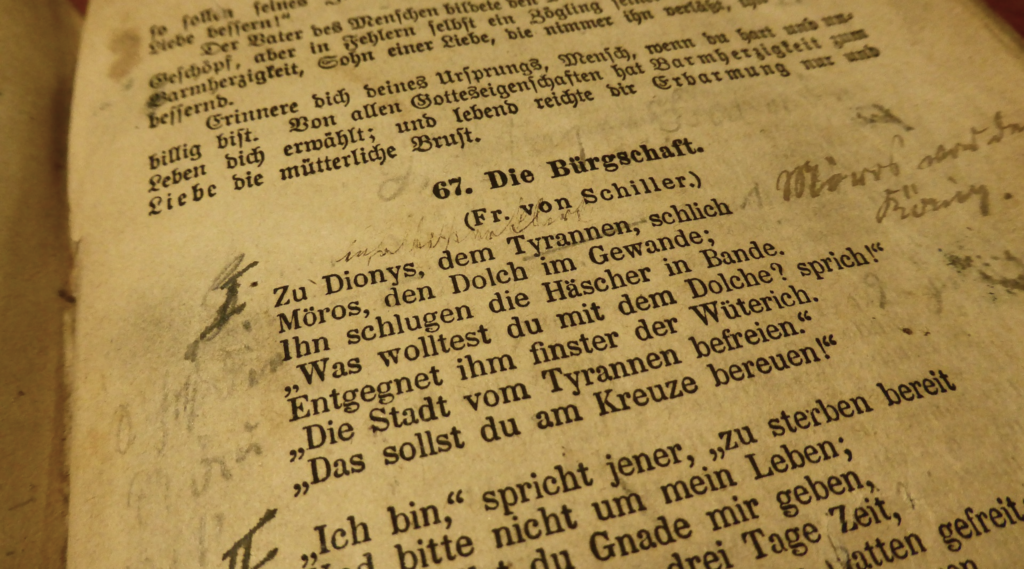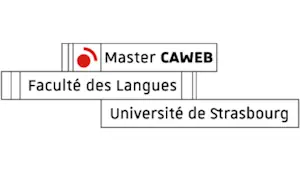Poetry in translation is like taking a shower with a raincoat on: was the Japanese poet right?

Translating or not translating: that is the question
In the movie Paterson, the Japanese poet randomly met by the character Paterson in the park of his homonymous city, allowed Jim Jarmusch to bring up once again the eternal dilemma. Can poetry be translated? What is the purpose of translating it?
Around these questions, and many more, scholars, philosophers and poets, have discussed for centuries, giving rise to countless theories and points of view. Translating has always been considered a highly complicated process, and translating literature is still one of the most difficult tasks for a translator to tackle. In fact, it definitely isn’t the mere mechanical process of decoding and rewriting it in another language. Still, it is the subtle, precise and creative art of understanding and transferring meaning, bringing the text to new life without compromising its essence.
Poetry is the most noble way of making literature. It’s the magnificent art of using words in unusual ways in order to arouse the reader’s emotions. It knows no boundaries, and it can give rise to feelings such as taste, touch or smell, as confirmed by Sartre. It is evocative and creative, thus representing a heroic quest for a translator.
All this taken into account, I will try to introduce a modern problem around this subject: can a machine translate poetry if humans can barely translate it?
Translating poetry: reality or utopia
Poetry has always been translated, and it will always be since literature needs and deserves to be accessible to everyone. The real issue around the translatability or untranslatability of poetry concerns more the fact that something will inevitably get lost in translation. In fact, poetry conveys cultural, social and ultimately linguistic aspects that are specific rather than universal. This means that trying to effectively describe a social reality represented by a language A into a language B is basically a lost cause. Like Jakobson stated, “only creative transposition is possible” since poetry in translation lacks beauty, charm and rhyme. On the other hand, Benjamin, among others, stated that translating does not lead to a loss; on the contrary, the text in translation benefits from it, because it is brought to a new life and exists as an equivalence of the original.
At this point, we might ask ourselves if it is worth translating or not, considering that words will lose their evocative power for the readers. It is worth translating poetry simply because it allows people to consume poetry, escape from a mundane reality, and open up their minds to new images and vocabulary, creating “all kinds of word villages”.
The main problem for the translator is understanding the metaphorical nature of the original text. However, as long as he stays truthful to the original meaning, the result will be good enough to be accessible for people speaking different languages, although always imperfect.
Poetry in Machine Translation
What makes a poem so challenging to translate is that meaning, words and sounds interlace in it. Translating it requires subtle and artistic thinking and understanding. If humans struggle with it, can a machine deal with this genre?
Machine translation is indeed improving faster, becoming more and more precise. However, when it comes to technical texts, MT comes in handy, helping professionals work more efficiently. In this case, the objective of the text is to deliver a specific message having only one interpretation. But poetry is a different matter: even if these tools are built to preserve the meaning, they can’t capture linguistic nuances, rhythm and sounds.
In 2011, Genzel seemed to have an answer for this hard problem. He thinks that “machines can do pretty well” when it comes to poetry translation. He made some advances indeed, proving that MT can preserve a poem’s length and meter while rhyme remains the hardest problem to solve.
Other than that, poetry is a versatile genre that breaks the rules to create others, and not even the best algorithm can force poetry to obey determined mathematical laws. As the most noble form of literary translation, it preserves its immunity to MT.
Human sensitivity over technology…for now!
No matter how precise MT becomes, poetry translation reveals its limits. There is no doubt that it will continue to improve, translating some poetic figures of speech efficiently. However, there will always be something that will stop MT from transferring a poem from one language to another without human intervention. In any case, it does not represent the final defeat of MT. On the contrary, translating poetry should push researchers to improve machines, taking up the challenge.
Translate anyways
If translating prose is difficult, translating poetry is severely problematic. Poems don’t simply convey meaning, but they do it in a specific, essential way they can’t give up. Even if poetry is “what is lost in translation”, as Frost said, translating is worth trying in order to guarantee access to different cultures. For every nuance loss, there will be a gain in meaning if the translator gives his best to understand the intentions of the author.
The Japanese poet in Paterson was probably right, “poetry in translation is like taking a shower with a raincoat on”, but no matter how ridiculous and silly this can seem, even this can be a new experience worth doing. Poems are always translatable, although we need to accept that they only touch the surface of the original text.





